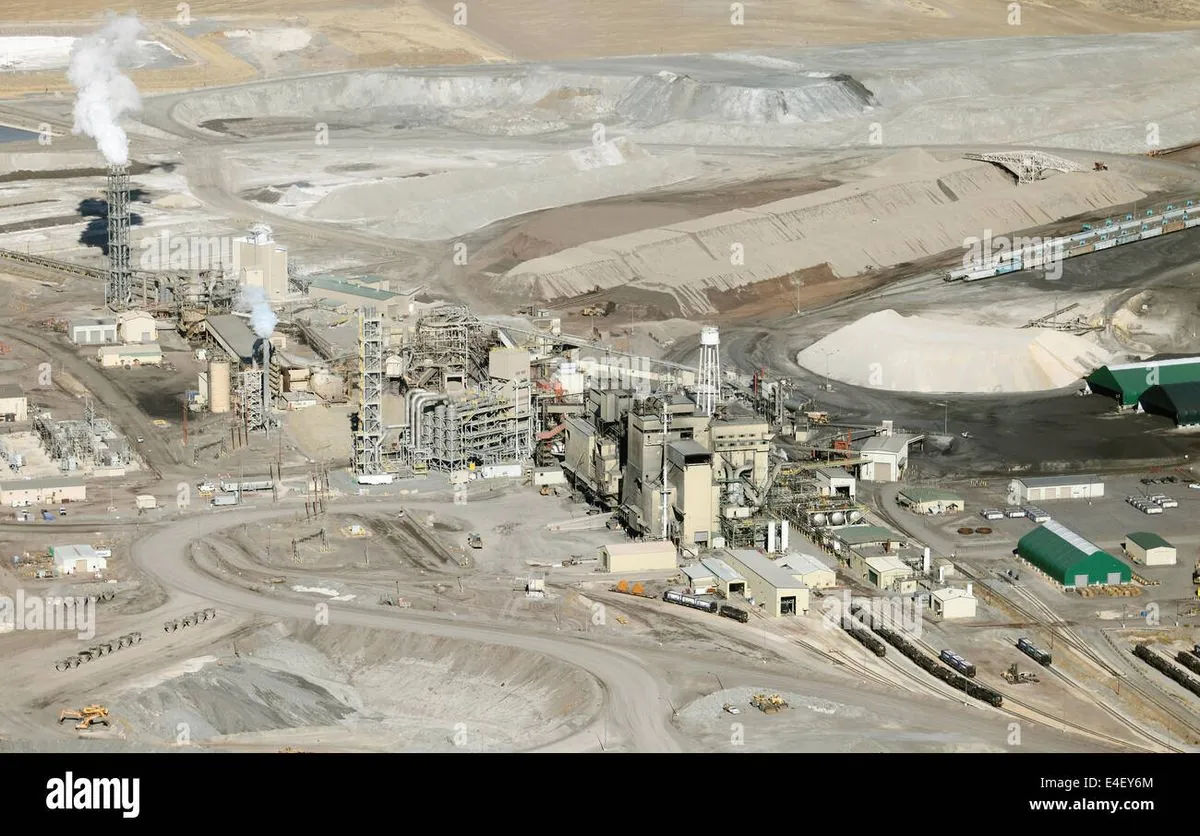In Tunisia's Gafsa Valley, the phosphate industry presents a complex dilemma. Discovered in the late 19th century, the region's phosphate reserves have become a cornerstone of the nation's economy, contributing significantly to exports and GDP. However, this economic boon comes at a steep environmental and social cost.
Kais Saied, Tunisia's president, has emphasized the importance of ramping up phosphate production to address the country's financial crisis. In April 2023, he declared, "We are sitting on gold in the midst of a financial crisis, and we are not exploiting it." This stance highlights the tension between economic necessities and environmental concerns.
The state-owned Company of Gafsa Phosphates (CPG) dominates the region's economy, accounting for 15% of Tunisia's total exports. However, its operations have led to severe environmental degradation and health issues for local residents. In Redeyef, a mining town, families like the Ben Hmidas struggle with chronic health problems due to pervasive pollution.
The environmental impact extends beyond air pollution. Phosphate extraction consumes vast amounts of water, diverting resources from agriculture and threatening fragile desert ecosystems. Farmers in the region lament the loss of potential agricultural productivity due to water scarcity.
Global demand for phosphates has surged, with prices peaking at $350 per ton in 2023. This demand is partly driven by the mineral's importance in lithium-ion batteries for electric vehicles. The European Union has included phosphates in its list of critical raw materials, underscoring their geopolitical significance.
Despite its economic importance, the phosphate industry has been a source of social unrest. In 2008, protests erupted in Gafsa demanding social justice and employment opportunities. These tensions persist, with some areas experiencing production blockades by unemployed activists.
Legal challenges to hold the industry accountable for environmental and health damages face significant hurdles. While Tunisia's constitution guarantees the right to a healthy environment, the lack of a Constitutional Court complicates enforcement.
As Tunisia grapples with its economic crisis and considers international financial assistance, the phosphate industry remains a critical yet contentious issue. The challenge lies in balancing the economic benefits of phosphate production with the urgent need for environmental protection and social equity.
"Phosphate is our past, present, and future."
This statement encapsulates the complex relationship between Tunisia and its phosphate resources, highlighting the need for sustainable solutions that address both economic and environmental concerns.
